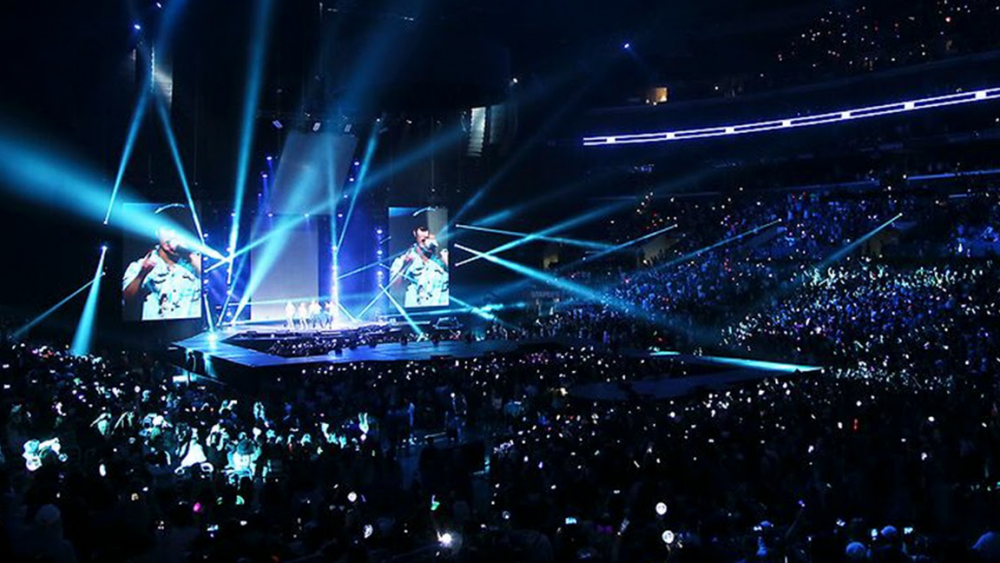
"The group will debut right away if you join". These were the words that an entertainment company CEO told a trainee named Minjoon (a pseudonym). The CEO mentioned the word "Debut" several times starting from the first meeting. The CEO also mentioned various popular idol groups that he trained. This was the reason Minjoon was drawn to the entertainment company. He signed the contract with the entertainment company as he felt excited thinking about performing on stage.
Minjoon became a trainee at the age of sixteen but the reality of debut did not come true even after eight years of training. Minjoon was left with just a debt of 600 million KRW (~518,037 USD) still remaining in the basement of the entertainment company. He was also left with mental scars from the constant verbal abuse and bullying, severe depression and panic disorder, and a swamp of endless lawsuits filed by the agency.
Underneath the splendid fortress of K-pop, which boasts a world-class reputation, is the mud of widespread human rights violations. The hierarchy between the agency and the idol trainee compares to the heavens and the earth and stands firm. The contract promising "mutual cooperation" turns into the trap that trainees cannot escape from.
According to an in-depth interview with two former idols and a former idol dance trainer, Kyungmun News revealed the violation of the human rights of idols. Idols are treated as a mere product that can be used and discarded recklessly. Most of the idols, who enter the entertainment industry as teenagers, were deprived of their basic rights that should be guaranteed such as the rights to education, health rights, safety rights, and labor rights. Even the possibilities of achieving their dreams for a better future is also taken away.
Minjoon stated, "for the eight years I was a trainee, I never received training not even once. The only training he received was a 'life lecture' sermon given by the CEO." Minjoon also stated, "The CEO said that he would receive 1 million KRW (~863 USD) per hour when he gives lectures at universities. So he would preach to the members for up to 10 hours a week and included the 1 million KRW per hour in the lecture fee we had to repay. The CEO calculated the monthly lecture times and tuition fees. Then, he made us sign a document agreeing to pay the fees." Minjoon felt that was unfair but could not speak up against it.
Minjoon stated there was a trainee who was told they have to pay violation fees for opening a social media account without permission from the company. The trainees were filled with fear at the company as they were coerced into many things. Minjoon stated, "They forced us to get plastic surgery and yelled at us to lose 10 kg (22 lbs) per month. We had to take photos without clothes every morning. They would point at the trainees' faces using the temples of the glasses saying 'You need to fix this part of your face' as they sarcastically mocked the trainees." Minjoon was hurt in the process as well. He developed severe depression and panic disorder. He was also ostracized and bullied by the other trainees under the coercive atmosphere.
Nevertheless, Minjoon couldn't even contemplate getting away from the company. He believed this was the only way. Minjoon stated that he had signed the handwritten contract from the CEO which said he must leave the company after paying 600 million KRW in damages if he were to breach the contract or want to leave the company. Minjoon explained that the 600 million KRW was the "Investment costs" that included the 'life lectures' from the CEO and the company's monthly rent. As Minjoon's condition worsened, the company stopped his activities but did not allow him to terminate the contract. The company told him to pay the 600 million KRW if he wanted to leave.

In another case, one girl idol group member, Gina (a pseudonym), wished the girl group would fail every day. She had dropped out of high school and focused on dancing and singing because she earnestly wanted to become an idol. Gina joined a start-up entertainment company but that wasn't the problem. Gina didn't realize even the fundamental measures of an agency would not be kept.
The Standard Transitional Agreement, a popular culture art of the Fair Trade Commission used in exclusive contracts, states that one of the purposes of the contract is to "faithfully implement management services so that the talent and qualities of a singer can be fully exercised."
According to Gina, her entertainment company neglected the only girl group that was under their label. The idol group member stated, "We weren't given any type of management or care except the dance and vocal training we received only once or twice a week. We didn't have a manager or a coordinator. We never received any support during music video filming or even at events. We wore our own clothes from our own closets." Gina also stated, "There was not safety lock at the dorms so we always shook in fear at night. Only the CEO had the key to the dorms."
Although there was poor management, the entertainment company kept strict watch and control over the idol group. Gina stated that the CEO threatened to disband the group if the members would reply to a message a few minutes late. He continuously used abusive language. The company kept a strict watch stating this was to prevent the girl group from smoking, drinking, and dating. However, this strict control only produced violence. Gina stated, "The other members drank and dated. I guess they thought I might let the company know about it so the members often beat me and monitored me for no reason."
The violence increased in the form where there was no manager. Gina developed severe depression, insomnia, and panic disorder that she never had before. "I got hurt a lot from the beating once and I couldn't even go to the hospital. I mentioned to the CEO that I had depression but they didn't do anything."
Gina also stated, "The CEO approached me saying he would comfort me but molested me instead. Several times," which left a larger scar on her.
Gina also endured through her illness and abuse because she would need to pay a fine for terminating the contract. Gina stated, "The CEO told me to pay the fines or win the lawsuit. He said he would waive the fee if I kept everything about the company a secret and agreed to leave the industry for good. I was afraid of paying the money and wanted to achieve my dreams. I thought I should live like a dead person for the remaining six years of the contract."
Ultimately Minjoon and Gina decided to leave their companies and revealed the reasons through their personal social media accounts. The responses and reactions from both companies were remarkably similar. The companies did not acknowledge the termination of their contracts and began a lawsuit against them. The companies filed a lawsuit for defamation and false information shared on social media. Minjoon and Gina, in their early twenties, both had to fight against the agency that had controlled their lives since their childhood.
The two companies did not fulfill most of its contractual obligations but maintained their attitudes against the idols. They continued to claim that the idol has obligations to fulfill under the company. The companies maintained such an attitude because they are well aware the idol trainees do not have enough evidence or money to win the lawsuit. Gina stated, "If I lose the case, my house will be ruined. I'm scared because I'm going against a company no matter how sloppy they may be." The two have lost their youth and future as they begin a long fight that may end at an indefinite time.
Attempts to prevent unfair contracts between the agency and its celebrities are still continuing to this day. In the wake of actress Jang Ja Yeon's suicide, she left a suicide note saying that she suffered assault and sexual favors from the entertainment company. Since then, the standard contract calls for limiting the exclusive contract period to seven years, while the agency must respect its celebrities. In 2011, a provision to guarantee basic rights for children and youth entertainers was added, and in 2014, a clause to support the mental health of celebrities was added. However, these declarative provisions alone cannot prevent human rights violations that occur in the agencies.
Kim Doo-na, a lawyer for the joint action to improve labor rights among children and adolescents in the culture and arts industry, said, "There is a clear relationship between the agency and the idol group. However, the contract between the two is a one-on-one private contract, so even if a legal dispute occurs, the idol is forced to confront the agency as an equal individual without protection. Although the standard contract contains some of the agency's obligations to guarantee the rights of the idol, which are relatively weak, it is difficult for the idol to determine the agency's obligations because they are not written in detail."
Of course, there are healthy mutual cooperations between the agency and the idol. These idols were able to have enormous luck of meeting the right agency that does not neglect their idols, expose them to violence, or exploit them. However, contracts between the idol still give the agency the upper hand. Therefore, there is a need for policies and measures to prevent such contracts.
 SHARE
SHARE





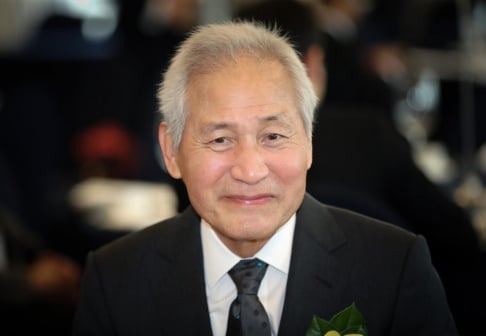
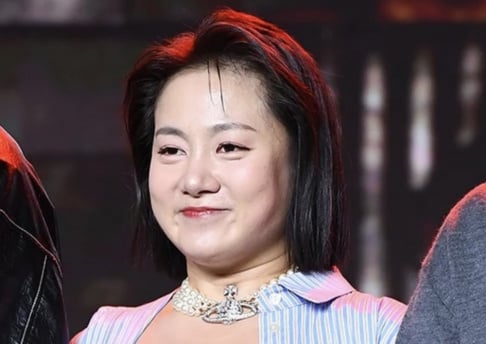

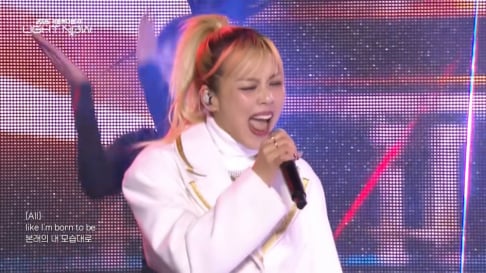
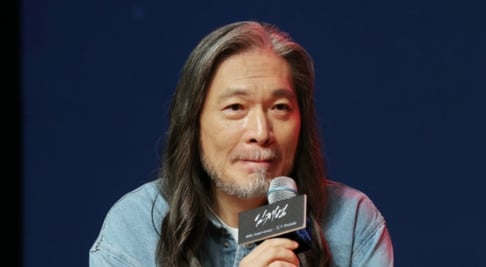
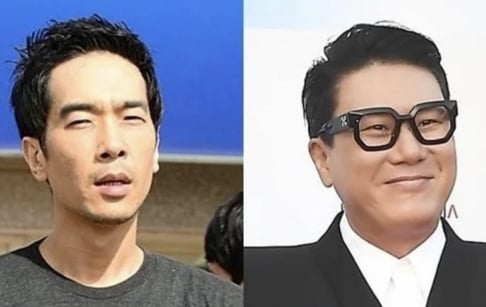


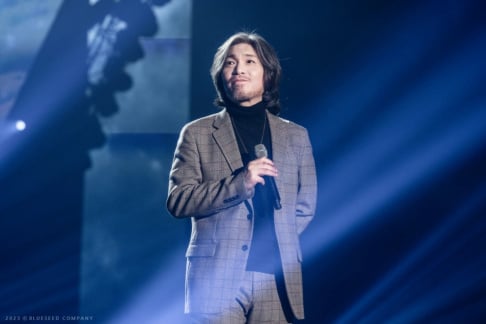




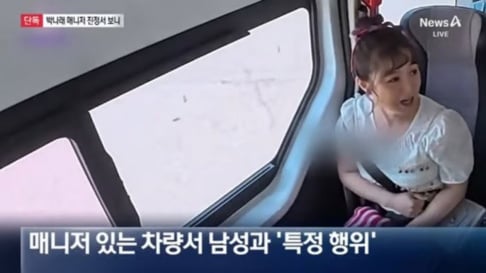
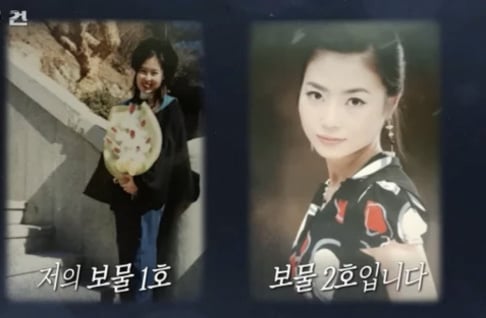
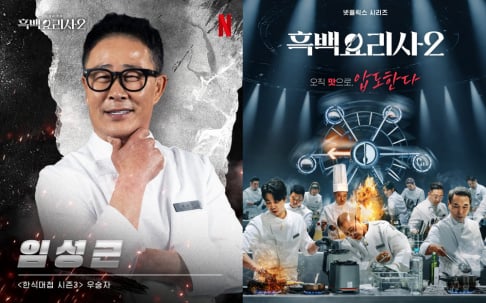
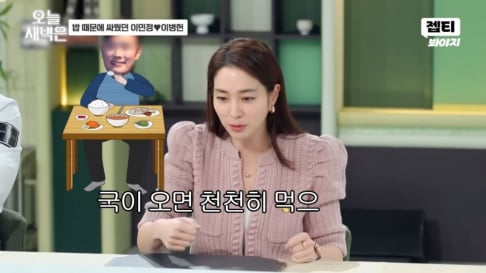
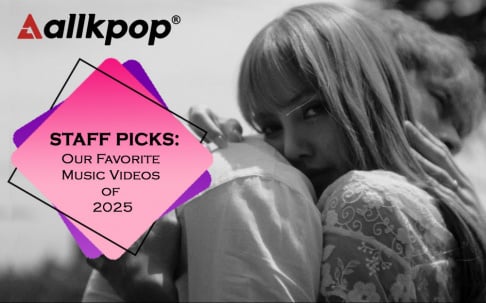

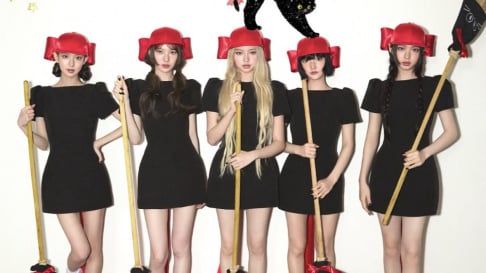
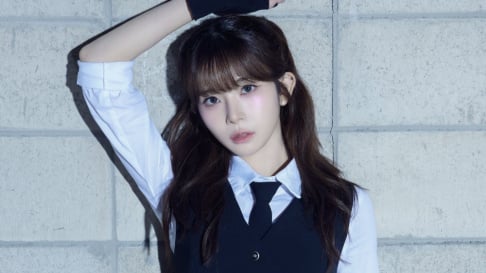
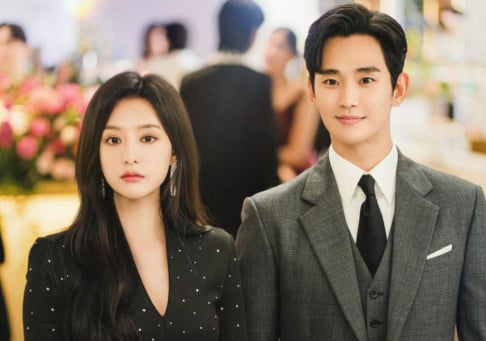

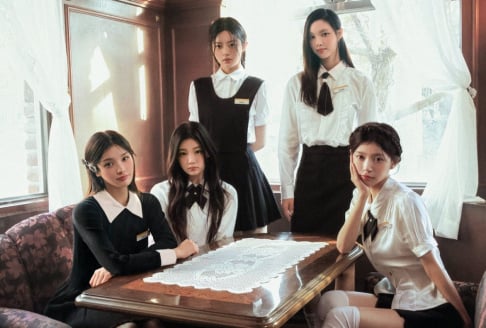
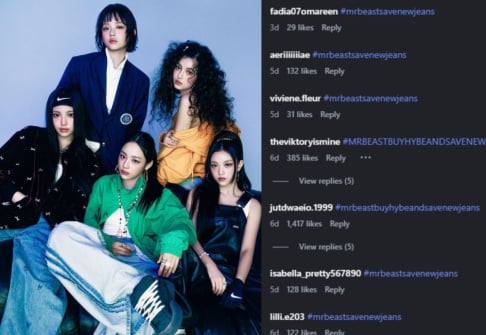

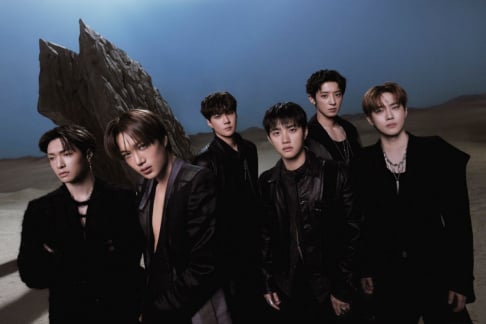
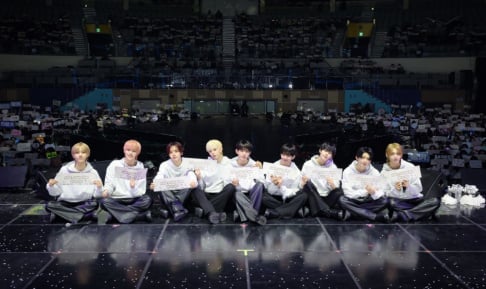
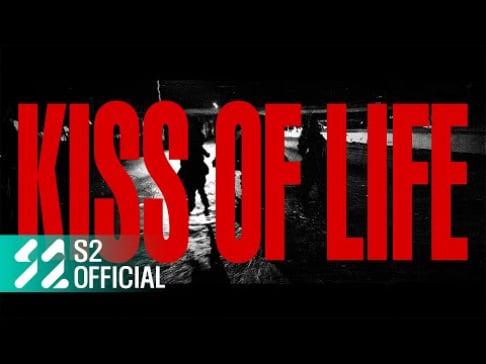

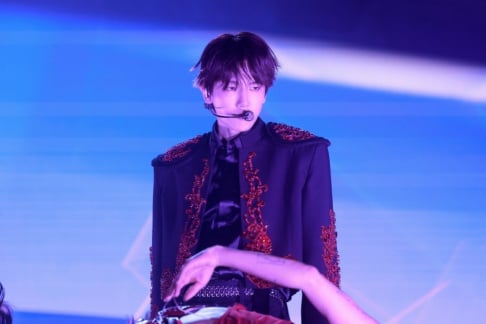









The harsh reality many fail to understand, never worship a company
2 more replies